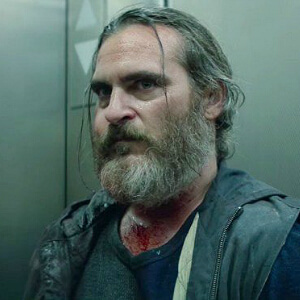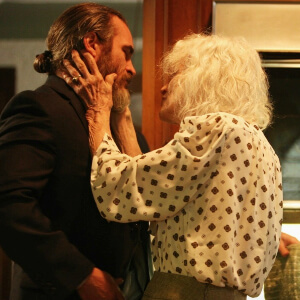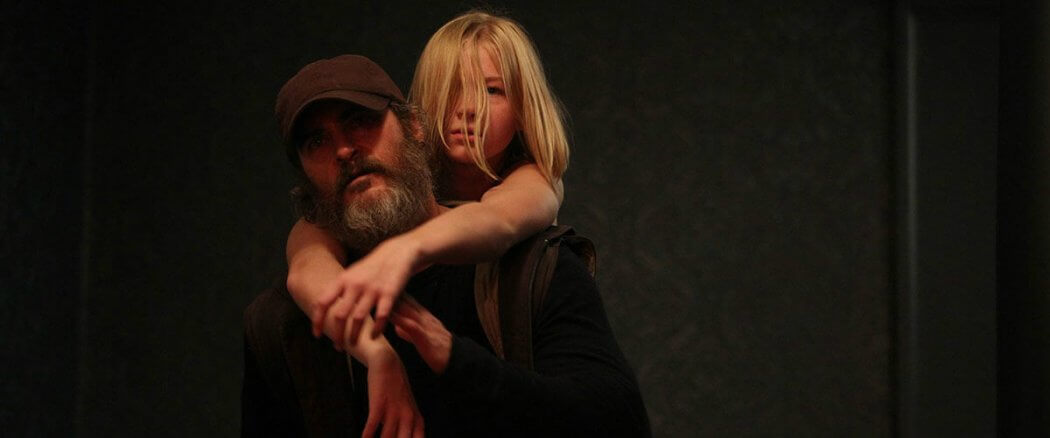One of the hardest things to do in a movie theater in 2018 is to surprise. With bloodthirsty marketing campaigns and relentless internet sleuths, any promising movie twist is usually dead in the water months before it hits the silver screen. The rare exception comes in the form of the occasional indie hit or maybe a particularly well-written horror flick.
But maybe filmmakers shouldn’t be as concerned with tricking audiences as they should be subverting their expectations. Again, audiences are taught what to expect when they walk into a theater. If it doesn’t harm the integrity of the story and people get excited about it, who cares if it spoils a fun surprise? It’s all about putting butts in seats.
Personally, I don’t think there’s anything inherently wrong with this practice. I’ve never believed that spoilers are vital to the enjoyment of any particular work of cinema (or television), though it can’t be denied that they can play a role in some people’s enjoyment of said work.
However, there are rare exceptions, films whose core story and character beats are so wrapped up in the element of surprise, that it would be harmful to know too much. And no, I’m not talking about a twist ending. I’m talking about films that promise one thing and end up delivering something totally different. It’s the rare combination of both fulfilled and exceeded expectations, a tricky tightrope that requires the hand of a master.
Lynne Ramsey is that master in 2018, and You Were Never Really Here is her masterpiece.
It should be noted that the following review will enter light spoiler territory. No details will be mentioned, but the less that can be known about this film before viewing the better.
“I Want You to Hurt Them.”
More than anything else, You Were Never Really Here is an intimate character study of the simply named Joe, a war veteran and hitman who seems to focus on helping victims of underage sex trafficking. Joaquin Phoenix delivers a career-best performance, demonstrating the lasting effects of Joe’s traumatic life in quiet, often devastating moments of recollection.
 That these literal and figurative scars drive Joe’s violent lifestyle is without question. But it’s not out of righteous anger as much as a desperate, confused sadness. His vengeance by proxy is clumsy and, in a nice twist, mostly off-screen. It’s almost as if Lynne doesn’t want us to see these shameful moments of his life, speaking to a sympathy that is more visceral than any blood-soaked canister of film.
That these literal and figurative scars drive Joe’s violent lifestyle is without question. But it’s not out of righteous anger as much as a desperate, confused sadness. His vengeance by proxy is clumsy and, in a nice twist, mostly off-screen. It’s almost as if Lynne doesn’t want us to see these shameful moments of his life, speaking to a sympathy that is more visceral than any blood-soaked canister of film.
In fact, much of the film’s achievements — be they of Ramsey or Phoenix — are entirely based in restraint. The details are without a doubt disturbing and some might call the choice to portray them “brave” or maybe even “gritty.” But Ramsey isn’t concerned about them as much as she is the way they affect Joe and, to some degree, others.
The thread here is a complete lack of sensationalism. Whereas some filmmakers would bathe us in the darkness of Joe’s “profession,” Ramsey invites us in a different way, offering us moments that are perhaps even more traumatizing while showing infinitely more empathy.
“Where Do You Spend Your Time? What Do You Do?”
It’s not just Joe’s time on the job that packs a punch, so to speak. Some of the film’s most affecting scenes come in his day-to-day routine. Be it buying a new hammer or waiting for the train, a chilling loneliness haunts the screen. Joe’s eyes frequently glance away from others, finding empty spaces in which his gaze may not betray the dark glint of self-harm that clouds his thoughts. And as he skulks, director of photography Thomas Townend masterfully finds ways to make him disappear, almost as if he were the hunched ghost of his former self, haunting the crowded city streets.
 And yet, the most powerful moments are also the tender. The only place where Joe seems to let his guard down — with a few exceptions — is when he’s with his mother. The two share a curiously close bond for a man so closed off from the rest of the world. Only minutes separate him cleaning the blood from his hammer to sitting at his mother’s bedside until she falls asleep. The two share a touching, at times comic, existence, she nagging him almost with the same cadence of the old shows and movies she watches. Joe, himself continuing to intensely battle his own demons, sacrifices dutifully for her, reverting to something resembling healthy when he’s around her.
And yet, the most powerful moments are also the tender. The only place where Joe seems to let his guard down — with a few exceptions — is when he’s with his mother. The two share a curiously close bond for a man so closed off from the rest of the world. Only minutes separate him cleaning the blood from his hammer to sitting at his mother’s bedside until she falls asleep. The two share a touching, at times comic, existence, she nagging him almost with the same cadence of the old shows and movies she watches. Joe, himself continuing to intensely battle his own demons, sacrifices dutifully for her, reverting to something resembling healthy when he’s around her.
In the hands of a lesser talent, this tenderness may seem almost alien. But Ramsey never keeps it too far out of reach, capturing a few stunning emotional vignettes, both in Joe’s life and memories. Some of them come during the most gruesome scenes, a series of stark contrasts in depravity and goodness. It’s a stirring affirmation of his inherent dignity that through Joe’s seemingly broken, miserable existence, he doesn’t lose touch with his humanity.
“Joe, Wake Up. It’s a Beautiful Day.”
Still, I think the greatest trick You Were Never Really Here pulls is not only its lack of cynicism, but more so the dismissive nature in which it is viewed. Joe’s job requires him to be a fighter of sorts. But despite the acts of violence carried out at his hand, Joe’s fighting spirit is best displayed in weakness: in the moments he teeters on the edge and brings himself back, either by mental strength or outside intervention. Some may call it coincidence. Others might call it divine.
I think the best way to look at is the quiet strength of hope. Almost nothing about Joe’s life — outside his maternal relationship — speaks to the existence of hope. His string of rescues seem to be innumerable, his own “Atlas pushing the stone” existence that will carry on until he finally reaches the end of his rope. And yet, hope remains. And what stands out amongst those brief glimpses of hope? Love. And how could we classify the existence of hope once there’s no reason to hold on? Let’s call it faith.
“So now faith, hope, and love abide, these three; but the greatest of these is love.”
I won’t tell you that You Were Never Really Here is a cheerful film; it’s not. At times, it’s oppressively dark. But hope remains, almost in a faith-like state, throughout the helpless circumstances. And even when the darkness seems to be too much, love always shines through. There may be no higher praise I could give a film, especially one about a man who hunts people with a hammer. And it’s one I didn’t think I’d be able to give at certain points. Let’s just call it a beautiful surprise.




